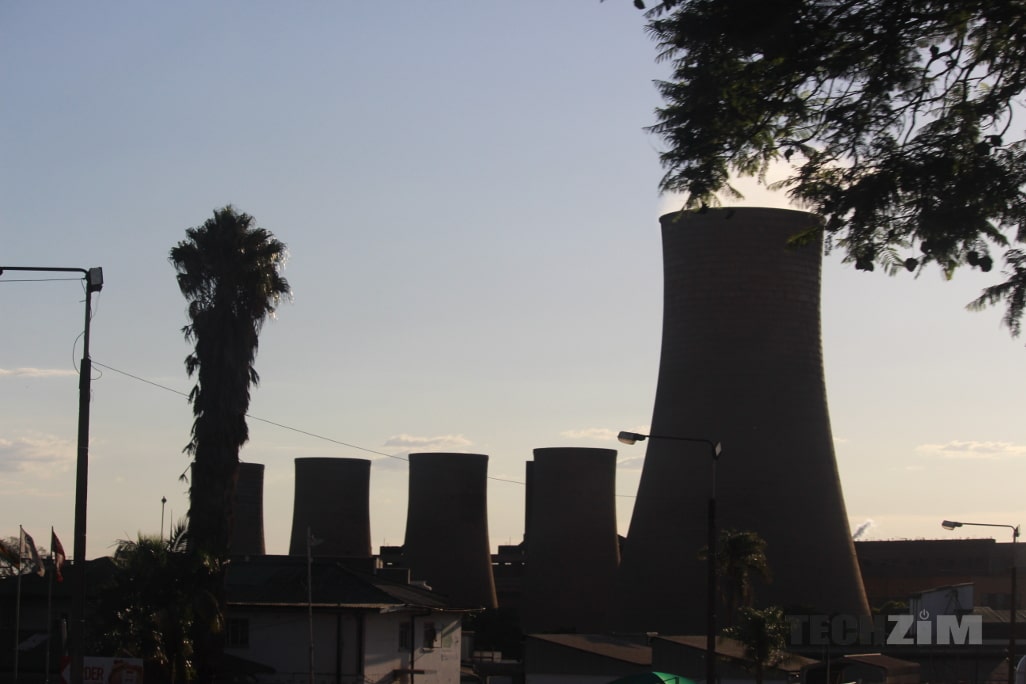Over the past few weeks the phrase Command Economy has found its way into every day parlance. I highly suspect people fashioned this jibe from the phrase Command Agriculture. The thing though is that the term Command Economy actually exists. We will now examine what it means.
You see in any given country the resources are limited. Resources are also known as factors of production i.e. items you require to produce goods and services that you can use to satisfy people’s needs and wants. Resources include land, labour, capital and enterprise.
While resources are limited needs and wants are on the other hand unlimited. For example in Zimbabwe we have a limited amount of USD/Forex while there is essentially an unlimited demand for it. People want to “import” all sorts of things including ex-Japs, T.Vs, DSTV, pay for Netflix, phones, computers etc.
This creates a problem; how do we allocate these scarce resources. What to produce?/What to import using scarce USD? How to produce? This means for example what procedures we use to import. Do we leave it to private enterprise or do it as government? For whom to produce?/Whom to give forex? All these issues are also known as the Economic Problem.
There are three ways to solve this problem: a free market economy, a command economy and a mixed economy.
The features of a command economy
Command economies which are also known as Planned economies are closely associated with Socialist republics and communist countries such as China, the old Soviet Republic, North Korea, Cuba and Venezuela. Although there are local differences command economies have the following features:
- All/most of the means of production (resources) are owned and managed by the government
- The government determines prices
- The government determines what to produce, how much to produce and for whom to produce
- The main motive is to provide goods and services rather than profit
- The government makes plans or blueprints that cover years to guide the economy
What are the advantages and disadvantages of a command economy
The advantages of a command economy are:
- In theory prices can be kept in control
- Essential goods are provided e.g. things like electricity, security etc that would be difficult to provide in a free market economy
- Elimination of wastage as there is not duplication for example one base station in each location, one railway line to Mutare instead of many.
- In theory there is equitable distribution of wealth and low unemployment.
Disadvantages include:
- There is an incentive for the leadership to indulge and participate in corruption
- Very inefficient as there are no incentives such as profit look at Zimbabwe’s parastatals and you will understand why they are really dysfunctional
- There is a limited selection of goods and so consumers have little choice you can get your electricity form ZESA or ZESA
- Takes to long to effect changes or respond to consumer needs and wants.
Does Zimbabwe have a command economy?
That is an unequivocal no. The Zimbabwean government led by the ruling party have however displayed command economy like tendencies. They are the largest employer (own most of labour), they own the majority of Zimbabwe’s land after the land reform program and definitely most of the capital.
That is hardly surprising. Most of Zimbabwe’s leadership were trained in Communist and Socialist countries such as the Mozambique, Soviet Union, China, North Korea and Cuba. This explains their proclivity for socialism every time they are faced with problems.
The only reason why Zimbabwe has what we call a Mixed Economy ( one with both privately owned businesses and government entities) is because they inherited the system from the white led Rhodesian Front government.
